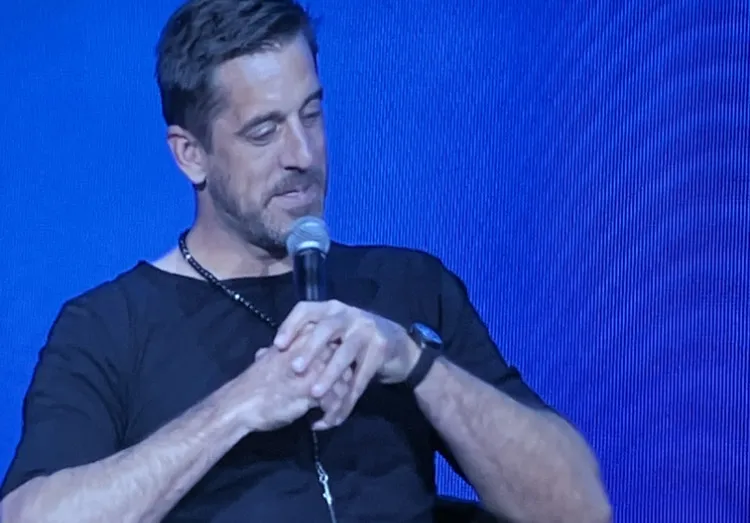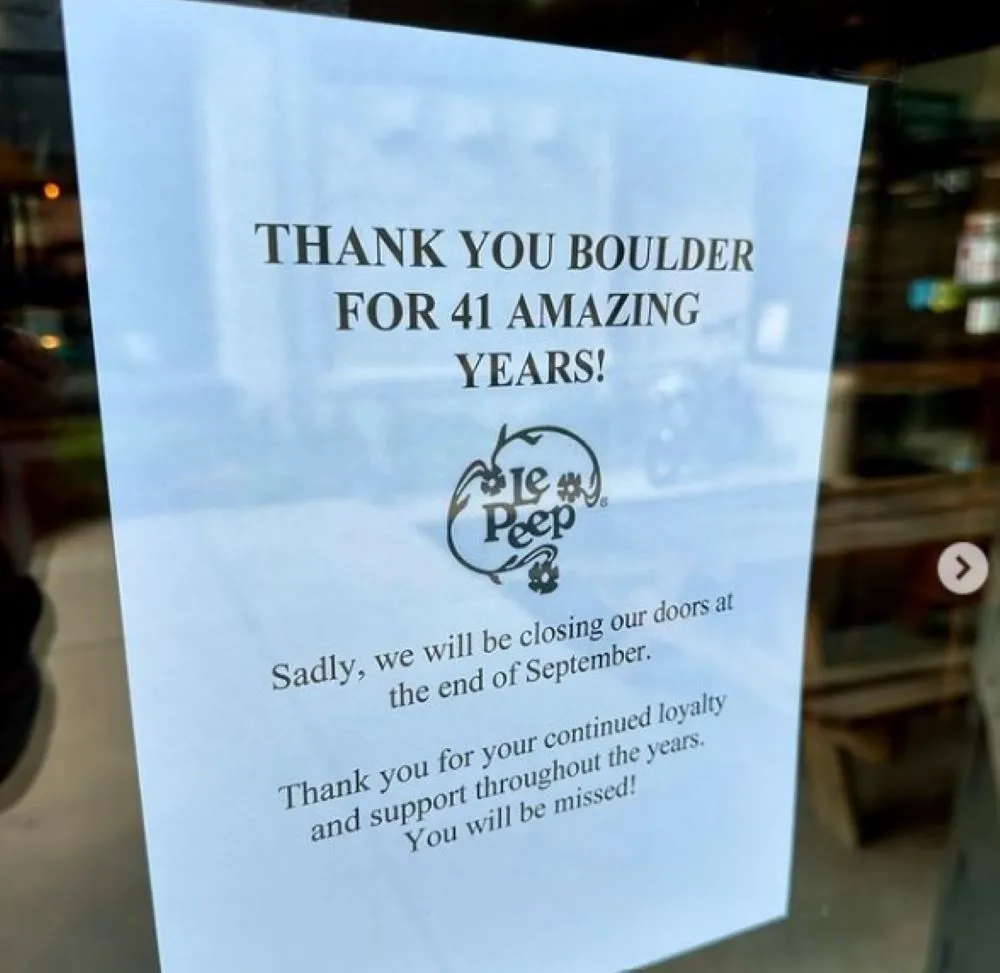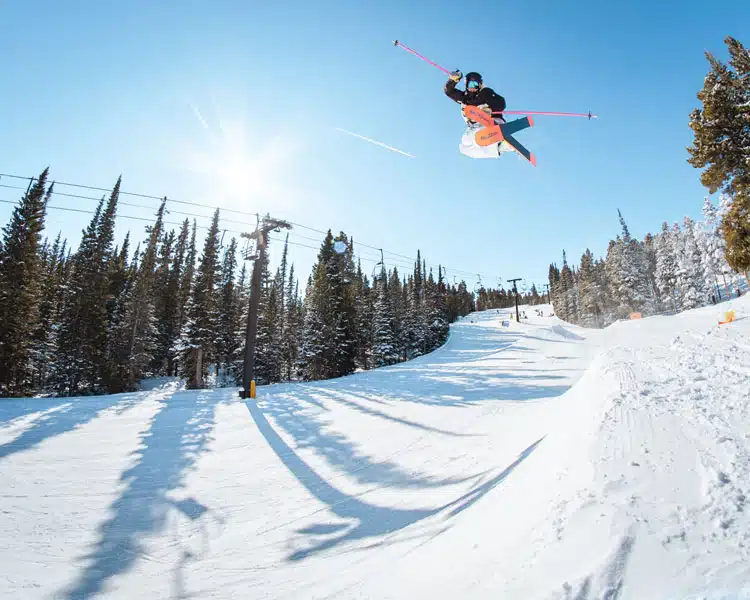Opinion: Aaron Rodgers and America’s evolving relationship with psychedelics

DENVER — In sports, the phrase “performance-enhancing drugs” has historically referred to steroids or human growth hormones — substances that result in bigger, faster and stronger bodies. Aaron Rodgers, the new New York Jets quarterback, former Super Bowl champion and NFL Most Valuable Player, says that, for him at least, the most beneficial drugs are those used in the offseason, deep in the jungle that have expanded not his body, but his mind.
Perhaps more consequential than the impact shrooms and ayahuasca have had on Rodgers’ performance is the impact his pro-psychedelics position, increasingly shared loudly and proudly by other celebrities from Prince Harry to Mike Tyson to Miley Cyrus, has had on the broader conversation about drugs and their place in society. We are living in the most accepting time since the 1960s for the use of psychedelics and other categories of drugs.
“It’s going to be hard to cancel me,” said Rodgers, whose drug experiences, Jeopardy fixation, vaccine skepticism, contract situation, celebrity girlfriends and appearances on the Joe Rogan Experience podcast have competed in recent years for headlines with his on-the-field achievements. “What are you going to say?”
SPONSORED CONTENT
It’s a difficult position to counter. Rodgers is, undeniably, a champion and one of the best quarterbacks of all time. But is he a qualified spokesman for the modern American psychedelics movement? I guess we’ll see — Wednesday’s primetime keynote at the Multidisciplinary Association for Psychedelic Studies 2023 Psychedelic Science conference in Denver was certainly bold.
Rodgers, in an at-times rambling conversation with Aubrey Marcus, a podcaster and CEO of lifestyle brand Onnit, at the MAPS event, said that he hopes to give elite athletes a “permission slip” to experiment with psychedelic drugs.
“The media calls me a druggie or a hippie,” said Rodgers, a sure-fire, first-ballot NFL Hall-of-Famer said, before seemingly endorsing the presidential candidacy of Robert F. Kennedy Jr., a fellow traveler along Rodgers’ apparent podcast-paved path to enlightenment.
That media characterization of Rodgers may have negative connotations in the realm of sports journalism. At the MAPS event, the University of California gunslinger was among thousands of people who would likely self-identify as both druggies and hippies.
The event, which was expected to bring hundreds of exhibitors and speakers and upward of 10,000 conference-goers to downtown Denver last week, represents the “cresting of a wave that’s been building over decades,” MAPS director of policy and advocacy Ismail Ali said in reference to the rapidly changing narrative surrounding drugs generally and psychedelics more specifically. The national attitude is rapidly shifting to a position of “compassion not criminalization.”
Rodgers, in a departure from earlier speakers, spoke mostly about the effects or drugs on the highly calibrated body and mind rather than cultural impacts of acceptance and legalization, which necessarily bring to mind unpleasant questions about crime and punishment.
It’s a testament to psychedelics advocate Rick Doblin, founder of the Multidisciplinary Association for Psychedelic Studies, that the 2023 conference conjures the early days of Colorado’s legal marijuana industry, one that’s served, for better or worse, as a blueprint for commercialization nationwide.
At this years’ MAPS conference, mushroom growers offer winks, nods and $60 T-shirts. Next year, there will probably be a trippy version of Cookies’ Berner representing the new face of high-end “natural medicine” boutiques.
“The field is changing,” Marcus said. “… The culture is shifting.”
The shift has happened. The distinction between a martini and a cup of shroom tea is nonexistent.
The use of chemicals to shape the way we experience the world might be America’s last truly bipartisan impulse.
Rick Perry, arch-conservative former governor of Texas, owned the room at 9:45 a.m. on a Wednesday in deep-blue Denver. Like Rodgers, Perry, with a libertarian, pro-legalization flair that seemed slightly at odds with his legislative record, appeared to find a receptive audience tucked within the MAPS crowd. Political ideologies get fuzzy when you’re tripping your face off. We’re all friends here.
There will be shrooms stores in Colorado — the only question is when and what they look like.
If history provides any insight, chances are they’ll look a lot like weed shops. Or the Apple store. Or an app where you just stab your finger at a logo on your phone screen that somehow expresses in one image the feeling of a couple of grams, a piping hot pizza and David Attenborough’s Planet Earth series queued up on Netflix. To folks that consider psychedelic substances to be sacred gifts from a higher power, that glimpse into the future — a merger of the corporate and the groovy — probably sounds pretty lame, no?
Yeah? Well, progress can feel lame. But there are still plenty of places in this country where you can go to jail for walking around with a chocolate bar infused with a gram of psilocybin, barely a few pinches of plant material.
It kind of rocks that Colorado isn’t one of those places, and that people feel comfortable being themselves in our state. I hope MAPS and the psychedelic circus that the organization brought to Denver this week come back next summer.
Lucas High is associate editor of BizWest.
DENVER — In sports, the phrase “performance-enhancing drugs” has historically referred to steroids or human growth hormones — substances that result in bigger, faster and stronger bodies. Aaron Rodgers, the new New York Jets quarterback, former Super Bowl champion and NFL Most Valuable Player, says that, for him at least, the most beneficial drugs are those used in the offseason, deep in the jungle that have expanded not his body, but his mind.
Perhaps more consequential than the impact shrooms and ayahuasca have had on Rodgers’ performance is the impact his pro-psychedelics position, increasingly shared loudly and proudly by other celebrities…





